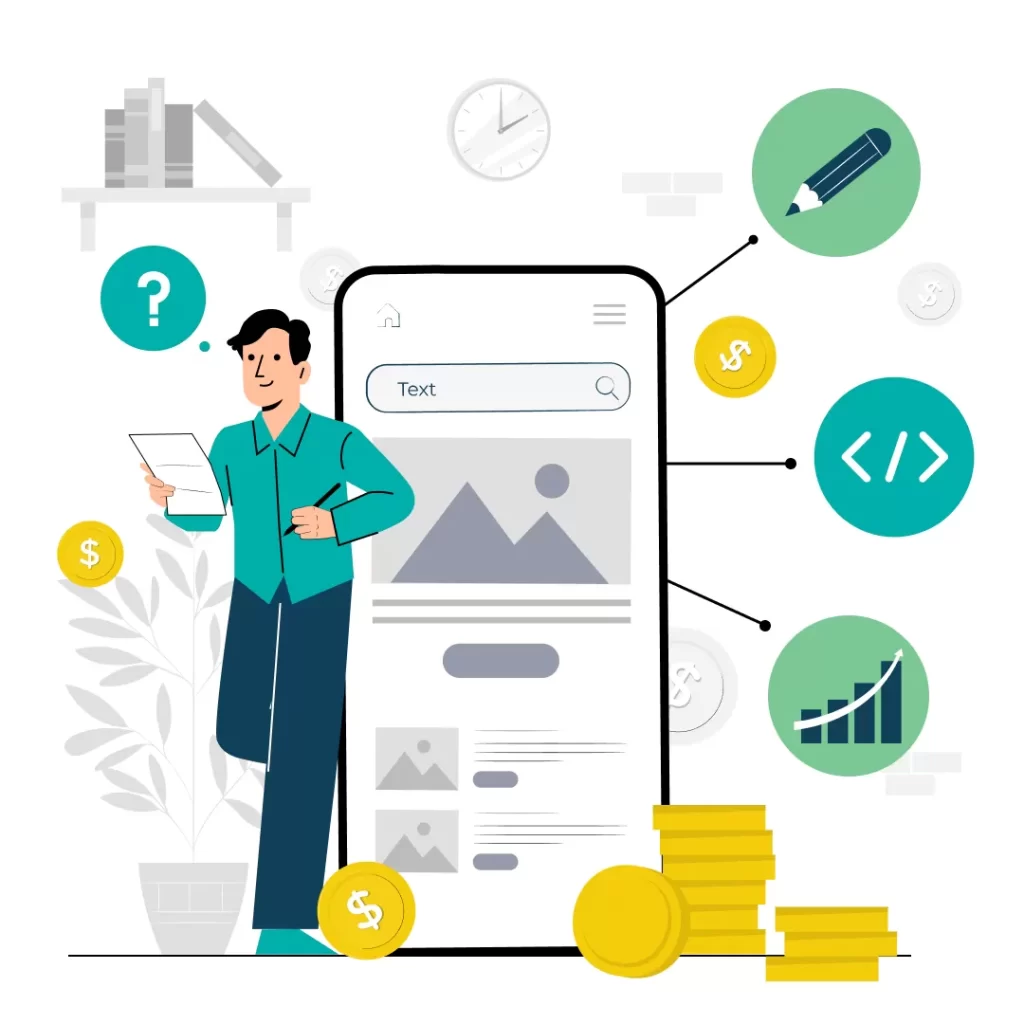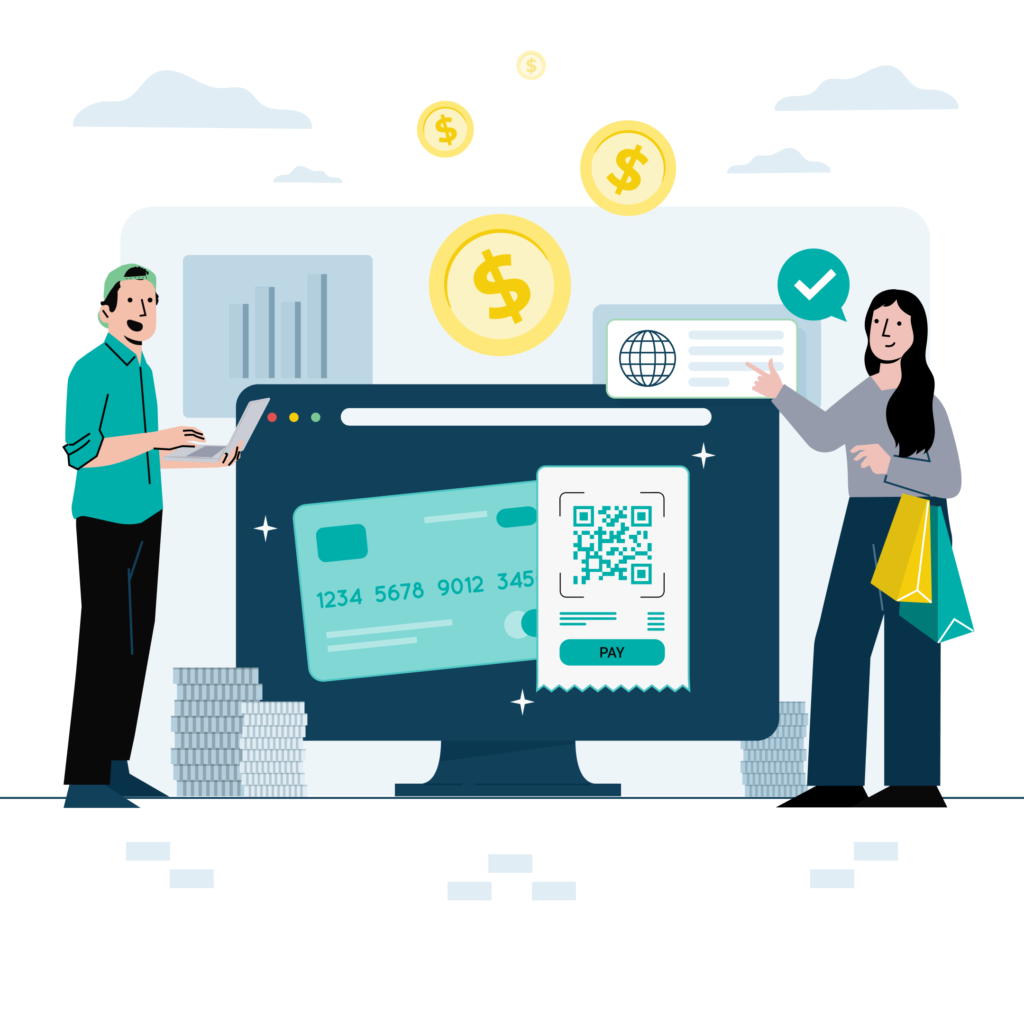We see the same questions about app development coming up again and again. It’s no surprise. More and more businesses are recognising that they need apps. Developing apps is a complex and opaque process. They’re big ticket items where unscrupulous operators don’t want to share numbers until they can guess how much you have to spend.
We’re going to fix that. By answering your questions. Many of them are of the “how long is a piece of string” variety. We can’t tell you how long a piece of string is, but in our answers we do give some recommendations on how you should be thinking about your string. Or, for this article, how to think about your app and how you’re going to get it built.
Q: How much does app development cost?
Short answer: Under $50,000 for a simple app. Under $150,000 for a basic app. Over $150,000 for a complex app.
Long answer:
You need to be comfortable with spending 5 and 6 figure sums if you want to build a competitive app. If you don’t think you’re going to earn the money back then now might not be the right time to start the process. Maybe start with a basic website.
The cost at each tier comes down to complexity. That complexity is a combination of frontend features, backend/admin features, third party integrations, the amount of business logic that needs to be encoded (after being documented!), and the variety and volume of traffic and transactions your app needs to handle.
A short discussion with us about your app, your market, and the features you want would enable us to tell you which range your app would fall into.
Q: Why does app development cost so much?
Short answer: Details x Time x Expertise
Long answer:
We understand this question. Unless you have worked as a developer on multiple similar projects it can be impossible to look at the screens of an app and see where 5 and 6 figure sums were spent. Hint: a lot doesn’t show up in the user interface.
App development costs what it does for two main reasons: it requires expertise and it takes time. And then there are the details. Building software is all about managing a mind-boggling number of details. It is not unlike building an actual sized house out of Lego bricks. Individually positioning all those little pieces adds up to a lot of time. And you need people who know how all the pieces fit together.
When looking at the cost it helps to remember app development is an investment. You invest in an app to generate revenue. Much as you might buy a machine for a factory, or pay to rent, fit-out and stock a brick and mortar retail store. You expect your big investment to give you more in return.
Of course you’re cost conscious. You spend your money wisely. That is why SoftwareSeni provides full transparency during the entire app development process. You can see the time spent at each stage of app development and even for each feature. Also for all the code that doesn’t touch the screen – the integrations with other services, the code that talks to the database, the code that creates the backend that your business will use.

Q: How long does app development take?
Short answer: At least a couple of months to launch. Then months to polish. Then years to grow.
Long answer:
Our business philosophy combines Lean and Agile methodologies. Under Lean, businesses want to be launching an MVP (Minimal Viable Product) as soon as possible to verify their idea, start gaining users, and start generating revenue.
This is done by implementing features in two-week work blocks called sprints under Agile. You won’t be launching your MVP app after 1 sprint, but 4 isn’t impossible, and 6 is feasible. All depending on your feature set and how far advanced your product conception is, of course.
And once launched, new features continue to be added using two-week sprints, along with addressing any user feedback received along the way.
This process results in lower upfront costs, puts a working Android app or iOS app, or both, in front of your customers sooner, and enables you to start generating revenue sooner.
Q: How big a team do you need for app development?
Short answer: 3-5 depending on the stage of development.
Long answer:
The app stores are filled with apps built by a single developer. So is that all you need?
Maybe? But there is only so much a single developer can do in a week. Or a month. There are only so many facets of app development a single developer can be an expert at. And how many developers are also experts at graphic design or UX or at running user testing?
And the big issue with a single developer – it only takes a single accident, or a single personal crisis, for your app development or app support to grind to a halt. What business wants to take on that risk profile?
A serious app, with a sensible launch schedule, that looks good, that works well and continues to work, requires a team. The size of that team depends on the app, its features, and how the development can be scheduled. But we find that, on average, at any particular stage of the app development process, you need about 3-5 people contributing.
It is a truism of software development that the best way to slow down a project is to throw more people at it. At SoftwareSeni we have launched enough apps, and our teams have collaborated on enough of these apps, that we’re pretty good at putting together the optimal team for creating your app.
Q: Should I develop an app?
Short answer: If you have to ask then you should develop a website first.
Long answer:
An app is a major investment. Are you sure you’re going to get a return on that investment? If you’re not sure, if you don’t have a ready market or an eager customer base, then it will be wiser to test your business idea using a website first.
A modern website, designed to be mobile-first, can approach the user experience of a dedicated native app with a lower upfront investment while providing you access to the entire global marketplace across all devices, not just phones.

Q: Should I develop an Android app or an iPhone/iOS app?
Short answer: Android if you want market reach, iPhone/iOS if you want to charge a premium.
Long answer:
In most of the world Android is the dominant mobile operating system, holding about 75% of the global market. But in some markets, like the US, UK, Canada and Australia, iOS holds more than half of the market.
This difference in market share, and user base, leads to a non-intuitive result. Global non-game app revenue in 2020 was $32.1 billion. Despite its smaller global market share, at about 25%, iOS apps captured $24.7 billion, or 77%, of that revenue.
The decision to develop an Android app or an iPhone app comes down to knowing where your audience is and what your goal is.
For markets like Australia, USA, UK and Canada, where the market is almost evenly split, it’s lucky that there are frameworks like React Native that make developing apps for both platforms financially feasible. But still we would recommend focusing on your iOS app first, because that platform will likely provide most of your revenues.
Q: How long does it take for an app to earn back its development cost? Also: How long does it take for an app to cover its running costs?
Short answer: If you read the first question you already know the answer.
Long answer:
This question is looking at app development backwards. You should not be spending money on developing an app, or purchasing any asset, without forecasting or modeling costs and revenue.
The real question should be: given my forecast revenue and current budget, can I build an app with the planned feature set, keep it running, and market it?
(You don’t want to forget your marketing budget. Expecting enough people to simply stumble across your app is not a path to success.)
If the answer to the real question is no, you don’t have enough money to do all that, then you are left with three options:
- Don’t develop an app. Put your money towards another revenue generating project.
- Reduce the scope of your app. Will a simpler, less expensive app bring in enough revenue to fund further development?
- Build a website instead. A Web app or a dedicated ecommerce website development is a faster way to reach an even larger market. Websites can have app-quality interaction (at a price). This approach can allow you to invest even less up front and still have a foundation you can extend as revenue grows. With proper planning, converting it to an app when revenue allows can be quite cost effective.
Still have questions about that app you want developed?
Hopefully by answering the big questions about app development we’ve helped you think strategically about getting your app developed.
If you find you have more detailed questions on costs and starting app development then get in contact with us. We’re always up for a chat and we love finding revenue-focused solutions to app creation.
Now, if you feel like you want a little more background on app development before talking to us, we have written a series of short, easy-to-read articles on the process:
A quick guide to Agile for businesses and start-ups
What is product conception and how to do it
How to prototype your app
Business rules and the business logic that drives your app
How the app development process works
Also, here are two articles that will help with your decision making:
Should you build an app or a website?
Fixed price contract vs Agile for app development












